Welcome , challenge us for your next project Let's see how we can help with your product development journey.
Technology
From consulting and strategy development to implementation and support, our comprehensive services can help your business thrive.
China supplier for AI Cameras and EV Power Modules.
Your prototypes Partner
we specialize in delivering high-precision prototype solutions tailored to meet the demanding needs of product development teams worldwide. Whether you’re validating form, fit, or function, our expert craftsmanship and advanced manufacturing technologies ensure your prototypes are accurate, reliable, and ready for the next step.
CNC Machining
Precision parts in ABS, PC, PMMA, aluminum 6061, and more. ±0.05mm tolerance.
Injection molding
Injection moulded parts for small series production, entirely according to individual component requirements.
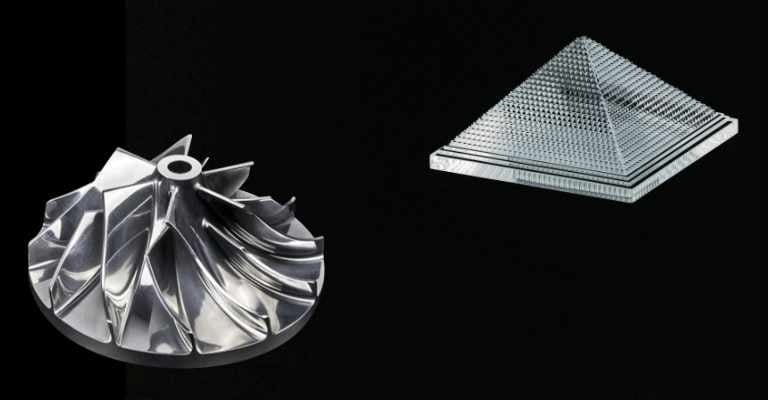

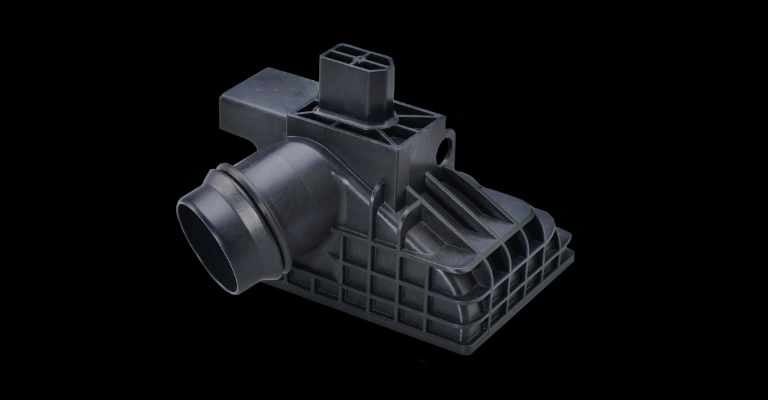

3D Printing (SLA/SLS)
Fast and precise production using additive manufacturing for Complex geometries and transparent parts for housings & enclosures.
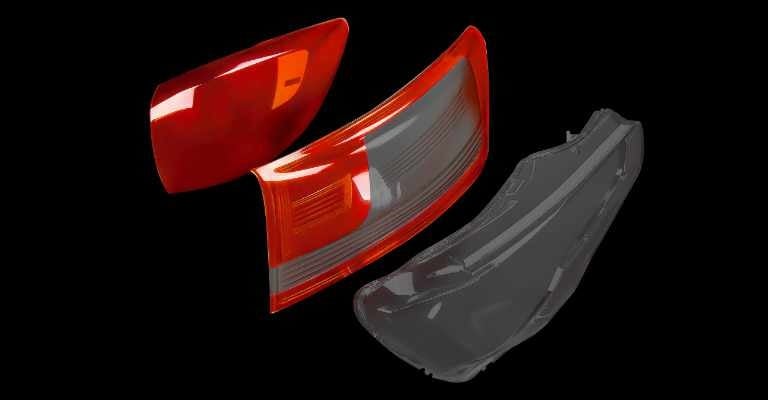

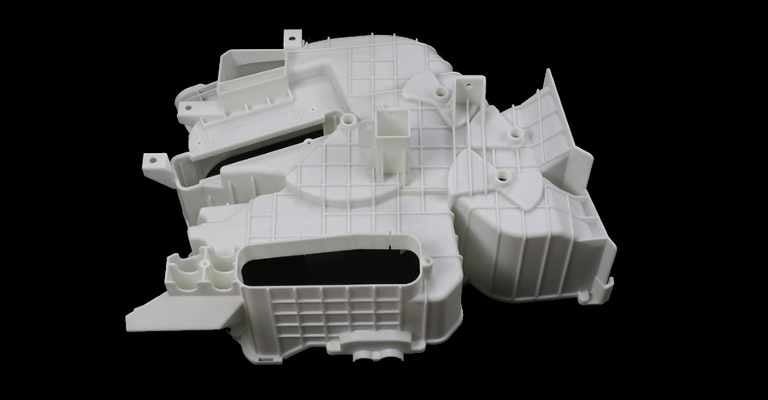

Silicone Molding
Low-volume urethane or rubber parts – perfect for soft buttons, gaskets, grips..
Surface finishing
With our wide range of colour material finish options, components or mockups are given the appearance of a series product.
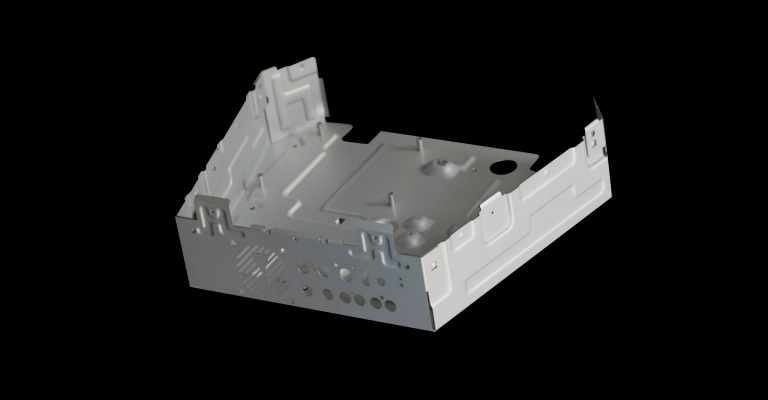

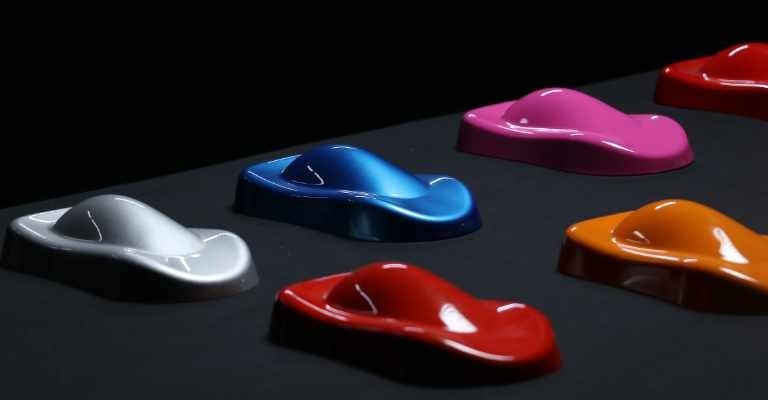

Sheet metal Processing
Sheet metal processing from laser cutting and subsequent bending and post-processing.
A partner in China for best-cost production
Get in touch with us, describe your project and receive a quote and advice for the rapid production of your parts.
How to choose your prototypes supplier?
In addition to mastery of many prototyping techniques and the internal presence of an expert team of project leaders, it is obvious that reliability and strength of the company are another very important considerations in the choice of your supplier.
Speed: Can they deliver parts in 3–7 days?
Precision: Do they meet tight tolerances (e.g. ±0.05 mm)?
Materials & Processes: CNC, 3D printing, silicone molding — all in-house?
DFM Support: Will they review and optimize your files?
Experience: Have they worked with similar hardware teams?What role for prototyping in industry?
What role for prototyping in industry?
n new products development process and before they are produced, an essential step takes place: prototyping. This stage is used for validating the adequacy between concept idea and its physical reality: does the product bring the expected results and if not which variable has to be modified (size, material, manufacturing, finishes…)? Which manufacturing process to use to create the envisioned product? Will the transition from prototyping to pre-series then to series validate the fact that the product meets the final customer expectations while respecting your budgetary constraints?
This step of prototyping is mandatory before commercializing a product and all the products we hold in hands have already been. That is why the worldwide market of prototype and pre-series is quite huge ang fast-growing: Upper prototype, a wide range of technologies to help you bring your ideas to life.
Why make a prototype ?
As mentioned above, each new product is going through three successive stages: prototyping, pre-series (a few hundred pieces) and finally series production before it is put up for sale.
Prototyping is focusing on technical, functional and aesthetic validation of the product (materials, finishes, shape, size…), whereas the pre-series is made to validate the manufacturing process, its repeatability, the reliability of quality control processes and the financial viability.
Prototyping, by its vocation to validate the product as a whole, will impact the entire product conception chain (the choice of raw materials, of production machines and tools, but also the choice of final packaging and so appropriate delivery method.
Prototyping helps maximize the product to minimize all the costs, whether it is money or time, between the concept ideation and the final product selling.
Which prototyping technology to use?
That is where appear the project leader and its team who, by their technical advice, will guide you to one or another of the different technologies that exist on the market (machining, injection, 3D printing, vacuum duplication, sheet metal work…).
He will take into account the functional needs of the piece, the finishing level you want, the proposed manufacturing times as well as your budget of course to advise you at best. Ideally it is interesting to choose a supplier who has its own project leaders service, like Upper prortotype for example, so that they know perfectly their prototyping techniques to be able to guide you full well in the choice of the best solution adapted to your unique need.
As for the quantities of prototypes they can vary from one, to dozens according to the product and project requirements. Having said that, the current range is situated between one and five when using CNC machining or 3D printing, and up to dozens in rapid injection molding.
Quality
Prototype & Small batch production Manufacturing
Upper Rapid Workshop Co.,Ltd
Support
Facility: Building C, Shengguang Industrial Zone, No. 152 Shajing East Ring Road, Bao'an District, Shenzhen
Office: Room 1702, 7th Floor, Vanke Xingcheng Xingchen Building, Bao'an District, Shenzhen
service@upperprototype.com
© 2025. All rights reserved.
